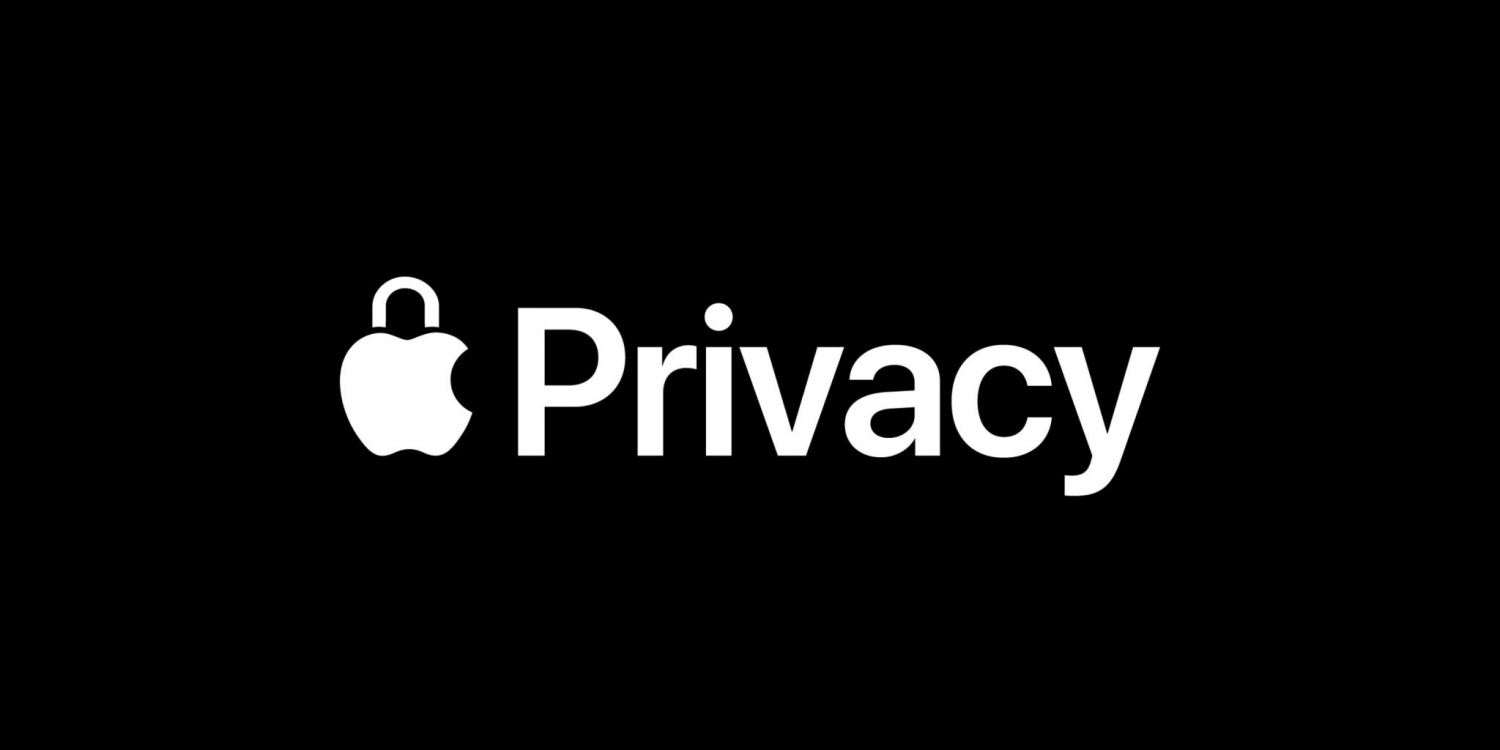
Apple's App Store guidelines that can remove developers from the App store for misleading marketing, will increase Influencer Marketing budgets that eliminate fraud, according to HypeFactory.
Recently, Apple updated the rules for publishing applications on the App Store through its App Store Review Guidelines - the document that tells developers what kind of behavior Apple will condone.
One of the most significant updates relates to misleading ads. If a gaming developer uses misleading marketing, such as promoting a product or feature that the developer does not actually offer, it can now result in the app's removal from the App Store, as well as removal from the Apple Developer Program. This will drive a further shift towards Influencer Marketing due to its trusted nature compared to other advertising channels, argues Influencer Marketing agency, HypeFactory.
An update to guideline 2.3.1 prohibits the use of misleading marketing - advertising services that an app does not actually provide.
Marketing your app in a misleading way, such as by promoting content or services that it does not actually offer (e.g. iOS-based virus and malware scanners) or promoting a false price, whether within or outside of the App Store, is grounds for removal of your app from the App Store and termination of your developer account. Egregious or repeated behavior is grounds for removal from the Apple Developer Program.
It's a stark warning for developers - such a promotion is unacceptable inside and outside of the App Store ecosystem. For the first time, Apple has made it clear that misleading marketing is also grounds for removal from the Apple Developer Program.
We work hard to make the App Store a trustworthy ecosystem and expect our app developers to follow suit; if you're dishonest, we don't want to do business with you.
Most often, misleads use gaming applications that embellish characters and other objects, portraying them to varying degrees close to the original. At the same time, they significantly narrow the possibilities of developers in tracking and increasing traffic. But there are alternatives.
According to Influencer Marketing agency HypeFactory, which works with leading gaming brands, Apple's new policy implementation will drive marketing budgets towards online influencers and bloggers.
"Previously, gaming brands freely implemented misleading creatives and tracked every user action, bringing their traffic channels to maximum efficiency," said Regina Tsvyrava, COO, HypeFactory. "Now, brands and developers will have to closely monitor creatives and think in more detail about launching campaigns, moving from the plane of testing hypotheses to more strategically developed concepts. And here influencers and bloggers will come to the rescue. If used correctly, Influencer Marketing is one of the few high-quality traffic channels with minimal fraud error compared to other advertising channels. If you trust the creator, you can get high-quality native integration."
HypeFactory builds this 'trust' through the use of Artificial Intelligence (AI). It uses large scale data analysis to micro-inspect Influencer Marketing strategies and expose 'fake' accounts. AI uses more than 53 behavioural patterns to detect suspicious leads and is constantly updated and learns to reveal new fraudulent schemes.
HypeFactory's technology connects brands and developers to end users through influencers with an estimated audience (Audience Quality Score), good content and creative approach. With further restrictions put in place through Apple's latest developments, reliable marketers and gaming developers are sure to turn towards Influencer Marketing in order to connect with their target audiences through high-quality content creators.
* This is a contributed article and this content does not necessarily represent the views of techtimes.com









